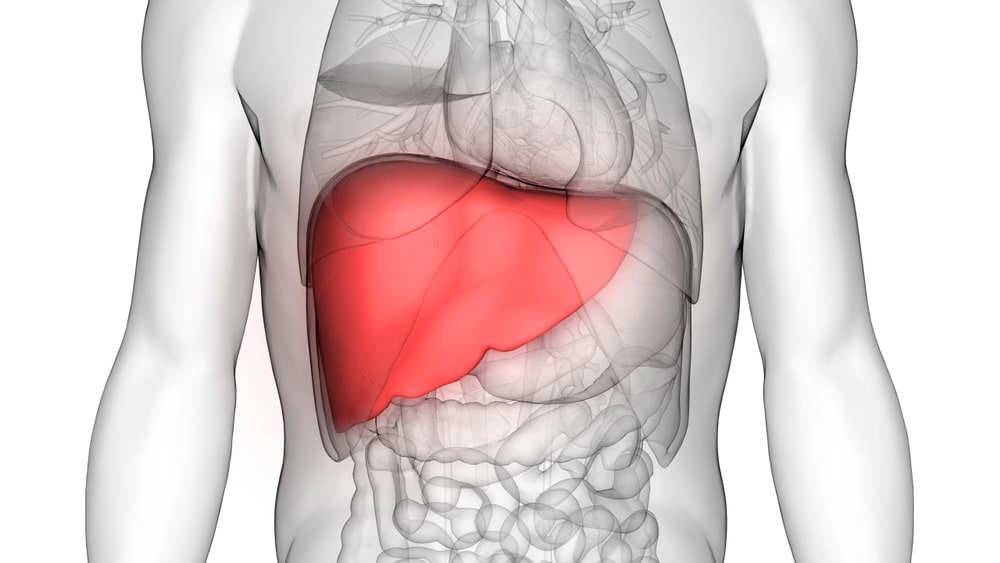Hepatitis B & C
 Hepatitis B and C are viral illnesses that affect the liver. Hepatitis is a virus that causes inflammation in the liver. Hepatitis A, B, C, and D are examples of different hepatitis strains.
Hepatitis B and C are viral illnesses that affect the liver. Hepatitis is a virus that causes inflammation in the liver. Hepatitis A, B, C, and D are examples of different hepatitis strains.
The most major distinction between hepatitis B and hepatitis C is that people can infect hepatitis B by coming into touch with the infected person's bodily fluids.
Hepatitis C is transmitted mostly through blood-to-blood contact.
Hepatitis B and C do not spread through coughing, breast milk, sharing food with, or hugging an infected person. Many people with hepatitis are unaware of their infection until it is too late.
Hepatitis B and C are transmitted from person to person in a variety of ways.
- Hepatitis B and C viruses are contagious.
- By exchanging needles, syringes, and other injectable tools.
- Pregnant mothers can pass these diseases on to their unborn children.
- Pregnant mothers can pass these diseases on to their unborn children. Concurrent HIV-HCV infection raises the chance of hepatitis C transmission to the infant.
- Both viruses can be transferred sexually, however, HBV is far more likely to be transmitted sexually than HCV.
- HCV is most likely to be transmitted sexually among gay and bisexual men living with HIV.

